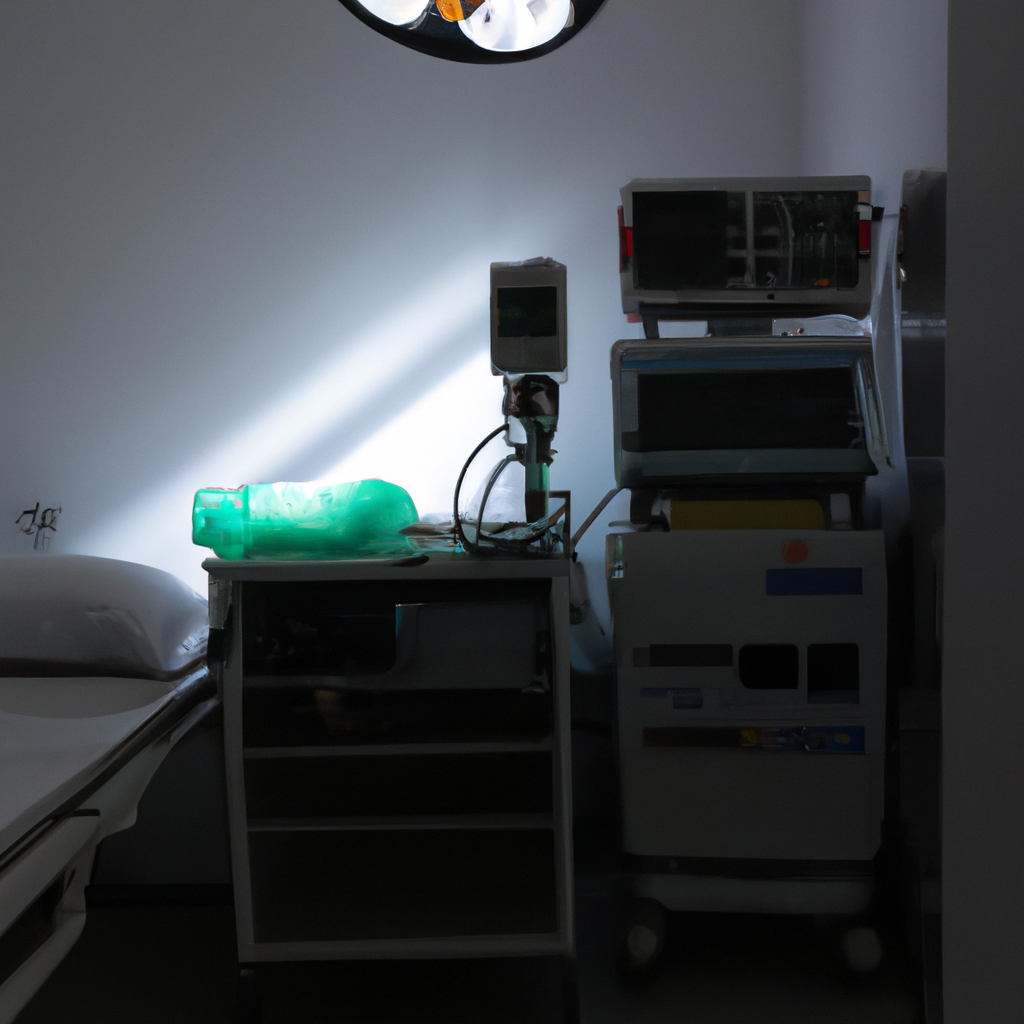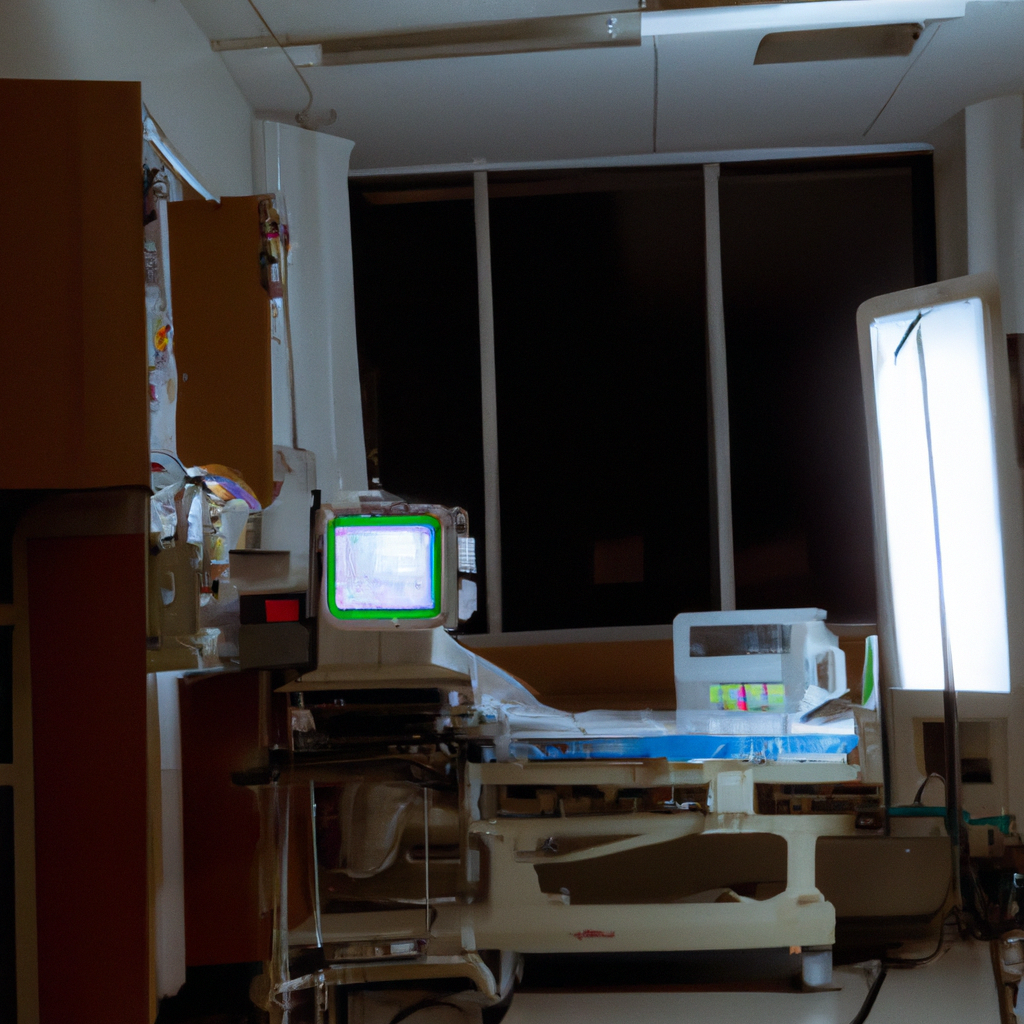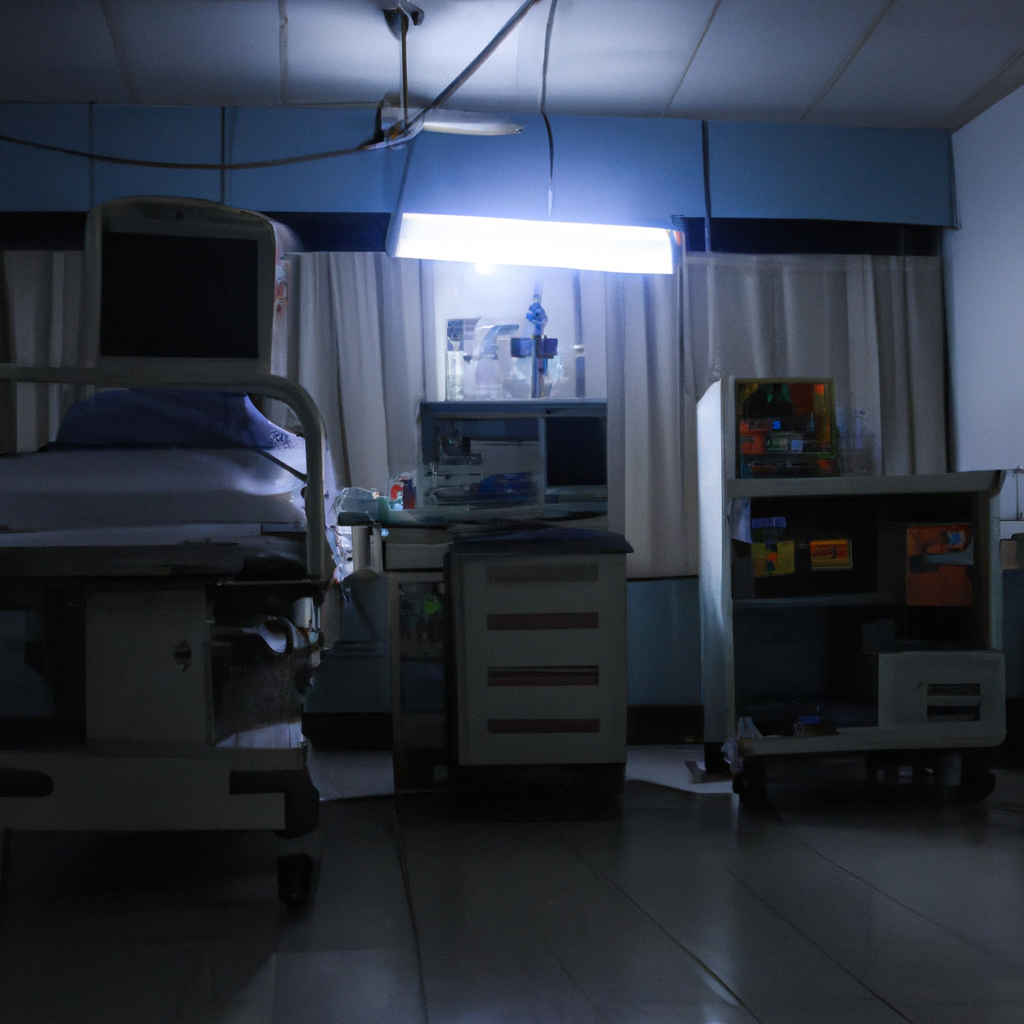Loadshedding, the intentional power outage carried out by the South African power utility, Eskom, to prevent a total blackout of the national power grid, has had far-reaching consequences in the country. While the impact on businesses, households, and the economy is well-documented, the healthcare system has been hit hard by loadshedding, with unseen consequences for patients and healthcare providers.
The healthcare system in South Africa is already under immense pressure, with high disease burden, inadequate funding, and a shortage of healthcare professionals. The addition of loadshedding has further exacerbated the challenges, with power outages disrupting critical healthcare services and putting patients' lives at risk.

The most immediate impact of loadshedding on the healthcare system is the interruption of power supply to medical facilities, including hospitals, clinics, and pharmacies. Medical equipment, such as ventilators, dialysis machines, and X-ray machines, require a continuous supply of electricity to function effectively. Power cuts can lead to equipment failure, compromising the quality of care and endangering patients' lives.
In addition to equipment failure, loadshedding disrupts essential healthcare services, such as surgeries and emergency medical care. For example, a power outage during a surgical procedure can lead to complications, such as bleeding, infection, and organ damage. Similarly, a power cut during an emergency medical response can delay treatment and worsen the patient's condition.
Loadshedding also affects the storage and distribution of medication, vaccines, and other medical supplies. Many medicines require refrigeration, and power outages can cause them to spoil or become ineffective. This can lead to shortages of essential drugs, further complicating the already strained healthcare system.

Moreover, loadshedding has a significant impact on the mental health of patients and healthcare professionals. Patients who rely on medical devices, such as oxygen concentrators, are at risk of anxiety and panic attacks during power cuts. Healthcare professionals are also affected, as they work under stressful conditions, with limited resources and increased patient loads.
The unseen consequences of loadshedding on the healthcare system are numerous and far-reaching. The economic impact of power cuts on the healthcare sector is significant, with increased costs for backup power solutions, repairs, and replacement of equipment. The psychological toll on patients and healthcare providers cannot be overstated, as they navigate the uncertainties and dangers of power cuts.
